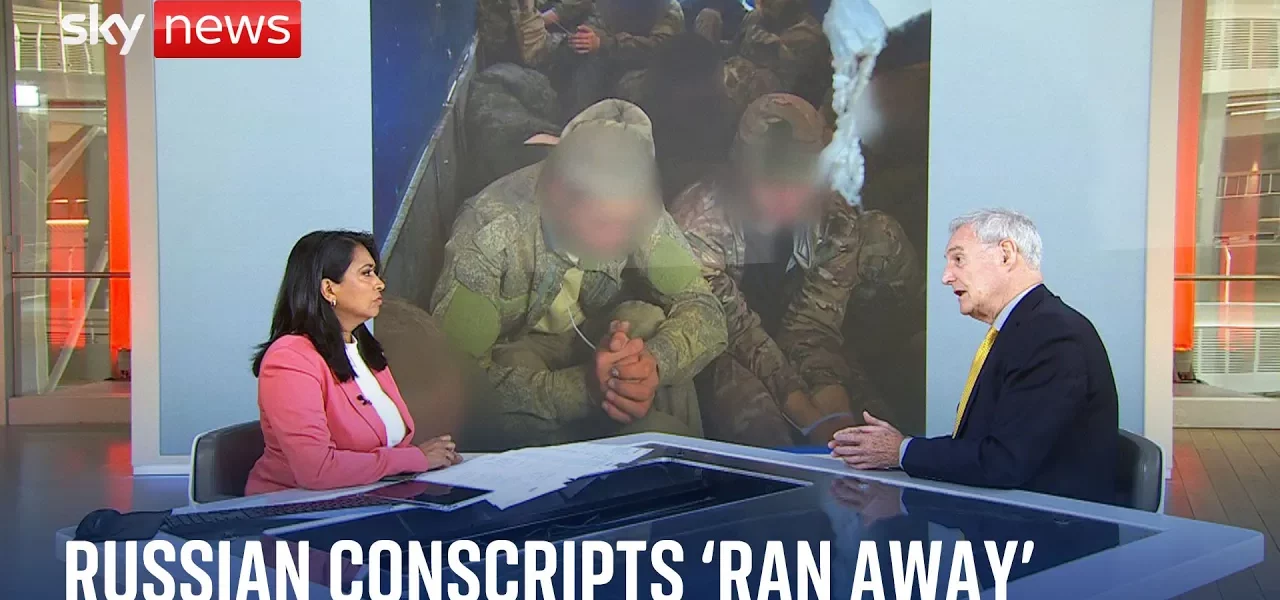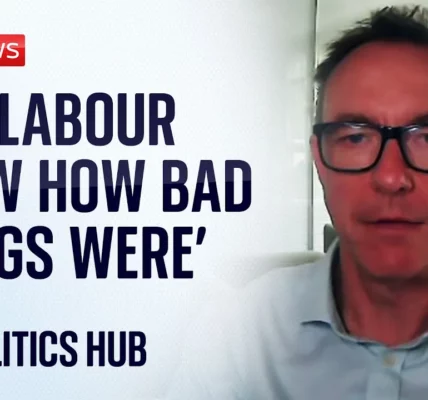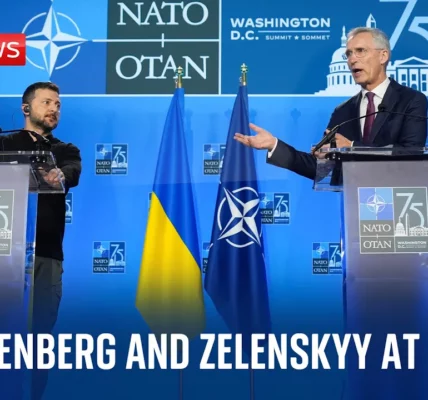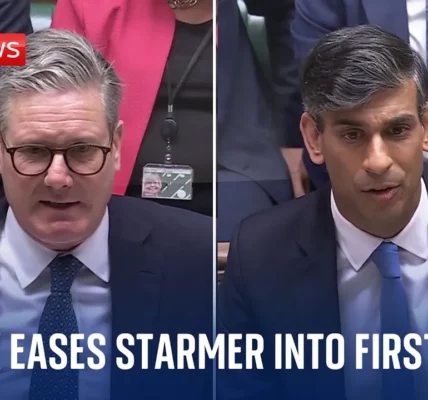Ukraine’s Military Actions and the Global Implications

In light of the recent military activities involving Ukraine and Russia, concerns have escalated regarding the potential for broader conflict. This article delves into the insights provided by military analyst Professor Michael Clarke, examining the nuances of the ongoing situation and its implications for global peace.
Introduction
The conflict between Ukraine and Russia has reached a critical juncture, with recent statements from Nikolai Petrusev, a close ally of President Putin, suggesting that the world stands on the brink of a third world war. This declaration comes amidst a significant incursion into Russian territory by Ukrainian forces, raising questions about the realities on the ground and the broader implications for international relations. Professor Michael Clarke offers a military perspective on these developments, emphasizing the fragmented nature of the fighting and its potential impact on future negotiations.
The Context of the Conflict
The backdrop of the current situation involves deep historical tensions between Ukraine and Russia, exacerbated by geopolitical maneuvering and military posturing. The recent invasion of Russian territory by Ukrainian forces marks a significant escalation in hostilities.
The Role of Nikolai Petrusev
Nikolai Petrusev’s alarmist rhetoric reflects a broader strategy by Russian leadership to frame the narrative of the conflict. His views are characterized by:
- Apocalyptic language regarding global stability.
- Beliefs rooted in a mystical sense of Russia’s role in the world.
- A tendency to express threats as a means of psychological warfare against Europe.
Professor Clarke’s Analysis
Professor Clarke suggests that while Petrusev’s comments are noteworthy, they should not be taken at face value due to their sensational nature. His influence over Putin has been significant, but his statements often reflect more about Russian fears than actual capabilities.
The Nature of the Fighting
The current military engagements are not as straightforward as they may appear in news reports. The reality is a fragmented series of battles rather than a cohesive front.
Key Developments on the Ground
Recent reports indicate several noteworthy incidents:
- Over 100 Russian soldiers from the 488th mechanized Rifle Brigade were captured, primarily conscripts.
- Many of these soldiers surrendered after facing overwhelming Ukrainian forces.
- Evidence of ambushes targeting Ukrainian units has also surfaced, indicating a complex battlefield dynamics.
Implications of Fragmented Warfare
The fragmented nature of the fighting suggests a lack of coherence in military strategy on both sides. This can lead to:
- Increased casualties among inexperienced soldiers.
- Opportunities for unexpected tactical advantages.
- Challenges in command and control for both Ukrainian and Russian forces.
Future Prospects and Negotiations
As the conflict continues, the possibility of negotiations looms on the horizon. Ukrainian officials have hinted at the need for eventual talks with Russia, albeit with certain preconditions.
Strategic Objectives of Ukraine
Ukrainian leadership aims to:
- Gain a significant advantage through military operations before entering negotiations.
- Shock Russian leadership to reconsider their strategy.
- Delay talks until they are in a more favorable position.
The Role of International Players
The involvement of NATO and other international entities is crucial in shaping the dynamics of the conflict. Their support could influence the outcome of both military engagements and potential negotiations.
Conclusion
The situation between Ukraine and Russia remains fluid and complex, marked by fragmented warfare and high-stakes rhetoric. Insights from military analysts like Professor Michael Clarke underscore the importance of understanding the deeper implications of these developments. As the world watches closely, the potential for negotiations will be shaped by the outcomes of ongoing military actions. It is essential for stakeholders to remain informed and engaged in discussions surrounding this critical issue.
For more insights on global conflicts and military strategies, consider exploring our related articles on Geopolitical Strategies in Modern Warfare and Understanding the Ukraine-Russia Conflict.
“`




